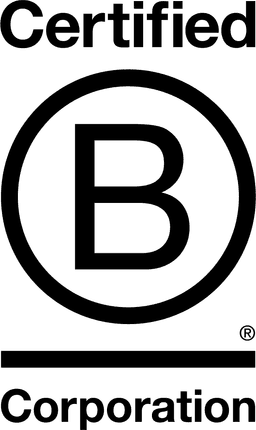

Dhana Inc.

1.6
California, United States
December 2013
Apparel
Wholesale/Retail
United States
Dhana Inc. is a fashion tech company, transforming customer experience from zero-waste designs to social and environmental impact through Circular Fashion. Dhana's new creative tech platform D/Sphere is for fashion brands and people to create clothing using second life materials, share fashion stories while doing good in the world. Dhana is leading the charge in the next frontier of fashion - committed to ethical, sustainable and regenerative practices, investing in people and jobs in the fashion industry, while giving the tools to customers to be the solution to climate change by tackling global textile waste, social justice and the next digital fashion generation. Dhana Inc. , a Certified B Corp was founded in 2008 by Shamini Dhana, a former Silicon Valley investment banker turned entrepreneur after witnessing first hand the impact of the true cost fashion on children and environment. One of the founding signatory brands of the Global Fashion Agenda 2020 Circular Fashion Commitment and 2020 Circular Fashion Pledge, Dhana's vision is "Uniting Humanity Through Fashion" with the mission of "connecting people and planet through the medium of fashion".
Overall B Impact Score
Governance 15.2
Governance evaluates a company's overall mission, engagement around its social/environmental impact, ethics, and transparency. This section also evaluates the ability of a company to protect their mission and formally consider stakeholders in decision making through their corporate structure (e.g. benefit corporation) or corporate governing documents.
What is this? A company with an Impact Business Model is intentionally designed to create a specific positive outcome for one of its stakeholders - such as workers, community, environment, or customers.
Workers 7.8
Workers evaluates a company’s contributions to its employees’ financial security, health & safety, wellness, career development, and engagement & satisfaction. In addition, this section recognizes business models designed to benefit workers, such as companies that are at least 40% owned by non-executive employees and those that have workforce development programs to support individuals with barriers to employment.
Community 47.3
Community evaluates a company’s engagement with and impact on the communities in which it operates, hires from, and sources from. Topics include diversity, equity & inclusion, economic impact, civic engagement, charitable giving, and supply chain management. In addition, this section recognizes business models that are designed to address specific community-oriented problems, such as poverty alleviation through fair trade sourcing or distribution via microenterprises, producer cooperative models, locally focused economic development, and formal charitable giving commitments.
What is this? A company with an Impact Business Model is intentionally designed to create a specific positive outcome for one of its stakeholders - such as workers, community, environment, or customers.
Environment 49.8
Environment evaluates a company’s overall environmental management practices as well as its impact on the air, climate, water, land, and biodiversity. This includes the direct impact of a company’s operations and, when applicable its supply chain and distribution channels. This section also recognizes companies with environmentally innovative production processes and those that sell products or services that have a positive environmental impact. Some examples might include products and services that create renewable energy, reduce consumption or waste, conserve land or wildlife, provide less toxic alternatives to the market, or educate people about environmental problems.
What is this? A company with an Impact Business Model is intentionally designed to create a specific positive outcome for one of its stakeholders - such as workers, community, environment, or customers.
Customers 3.8
Customers evaluates a company’s stewardship of its customers through the quality of its products and services, ethical marketing, data privacy and security, and feedback channels. In addition, this section recognizes products or services that are designed to address a particular social problem for or through its customers, such as health or educational products, arts & media products, serving underserved customers/clients, and services that improve the social impact of other businesses or organizations.